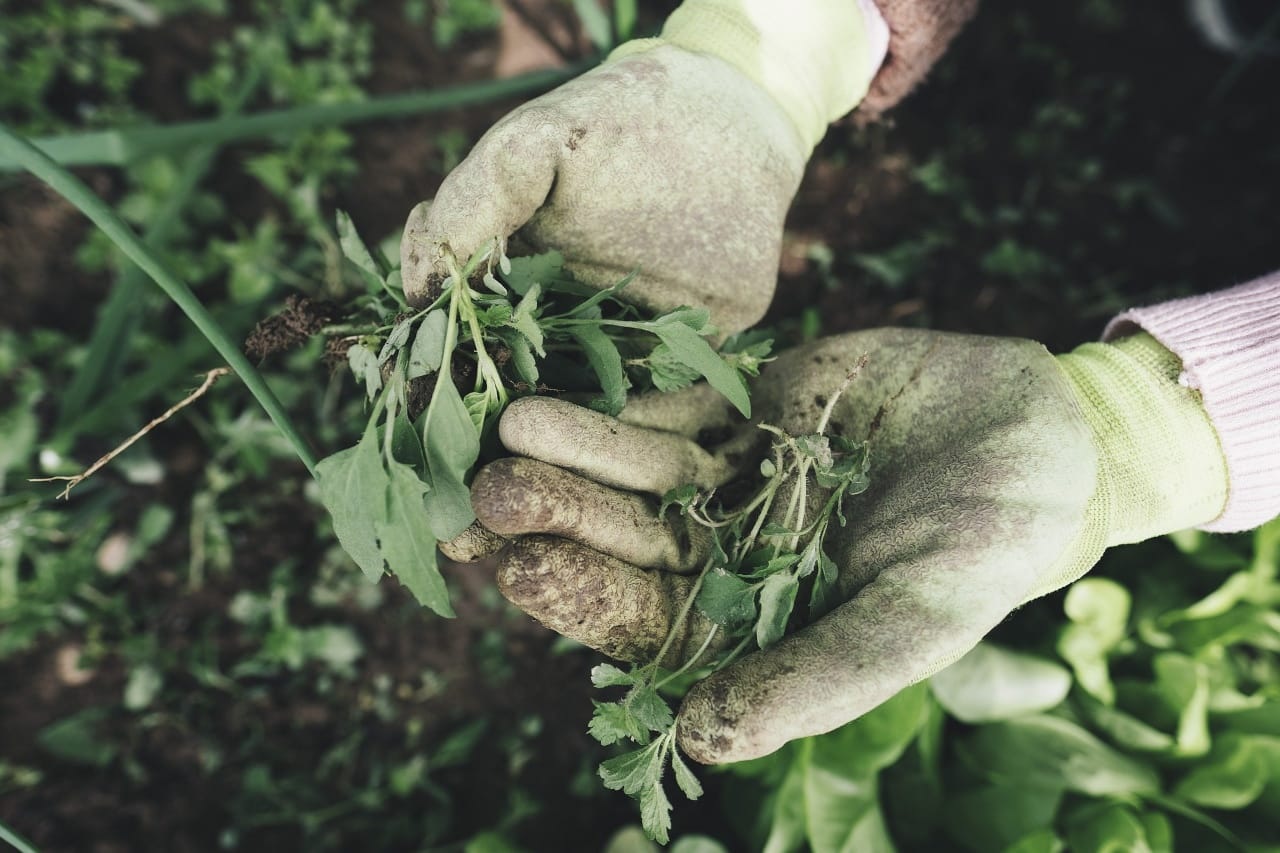
Gardening can be a very nurturing and rewarding experience. At the beginning level, who can start even without much investment of money. It will surely takeup your time and energy, but will fill your live with satisfaction when you will reap it’s benefits. Gardening not only helps our mother nature to filter it’s air, reducing pollution, the whole process of being involved brings peace, improves mood, burn calories and you get to have garden fresh produce. Here we will see some easy ways to start gardening up.
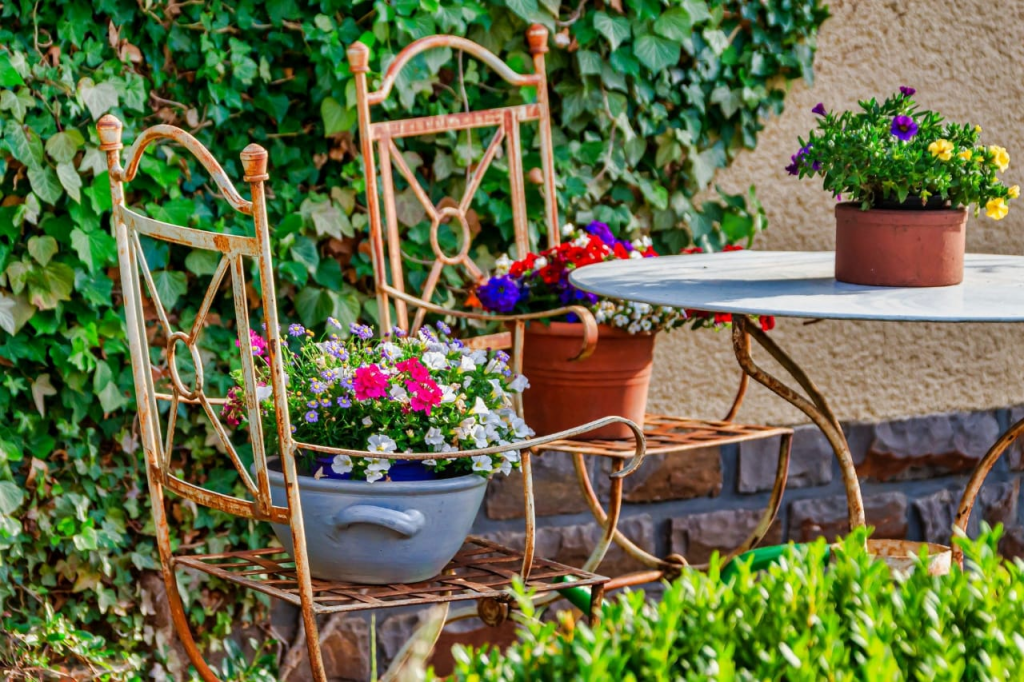
1. Look for a space to startup– The first thing that you should decide for is a location where you want to plant your seeds. It could either be a lawn, rooftop, balcony, room, windowbox anywhere you wish to. Make sure to select a place that has ample sunlight (6-10hrs) for plants that require high sun exposure (most crops and vegetables) and provide shade to plants that cannot tolerate harsh sunlight. Water is another crucial aspect for growing your plants, the water source should be near to your garden setup so that you can water your plants well. You can start from a small plant in your indoors or try sowing plants outdoors.
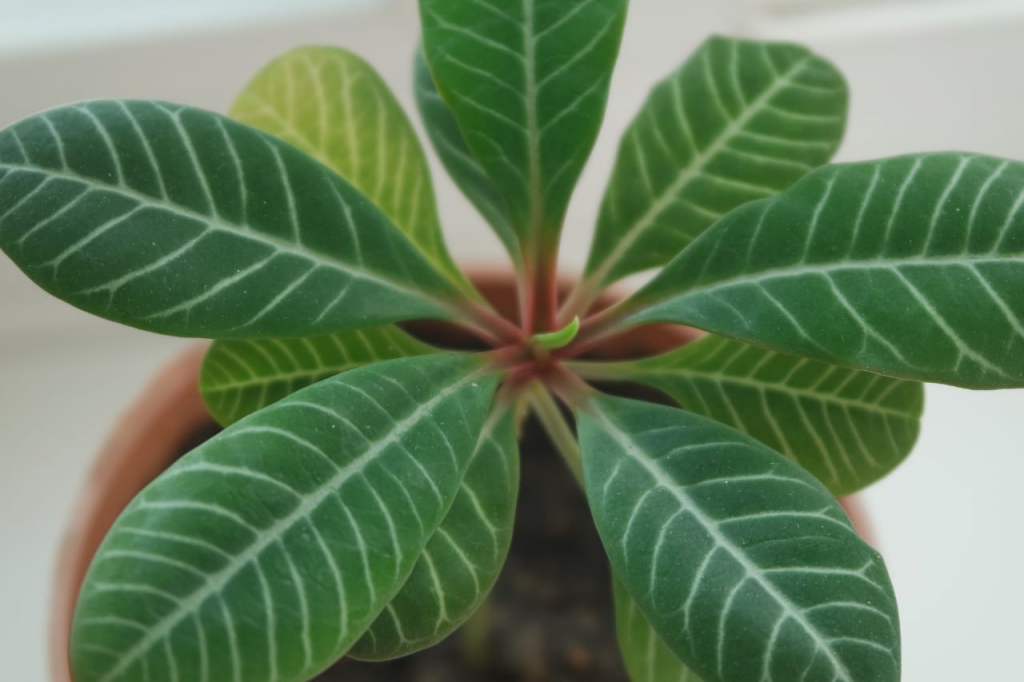
2. Potting your plants– You can either sow seeds or pot a plant. Get some Garden soil from a nursery or a gardener, mix it with some cocopeat and place it in your pot or land. Make sure that your pot has proper drainage or holes and put a layer of stones or broken clay pot pieces to cover the holes at the bottom, to prevent water logging or over drainage problems. Shift your plant/burry seeds to the pot/land now. Check your soil from time to time and keep ploughing it to promote aeration for better plant growth. Also transfer your plant to bigger pot once it’s root develop well and the plant becomes bigger for the old pots. You will get a variety of planter, be it of clay, ceramic, metal, stone, self water pots. Choose natural materials like clay and stone for outdoor plants for good drainage through evaporation. And for indoors try using plastic, metal and glass planters as they don’t require frequent watering.
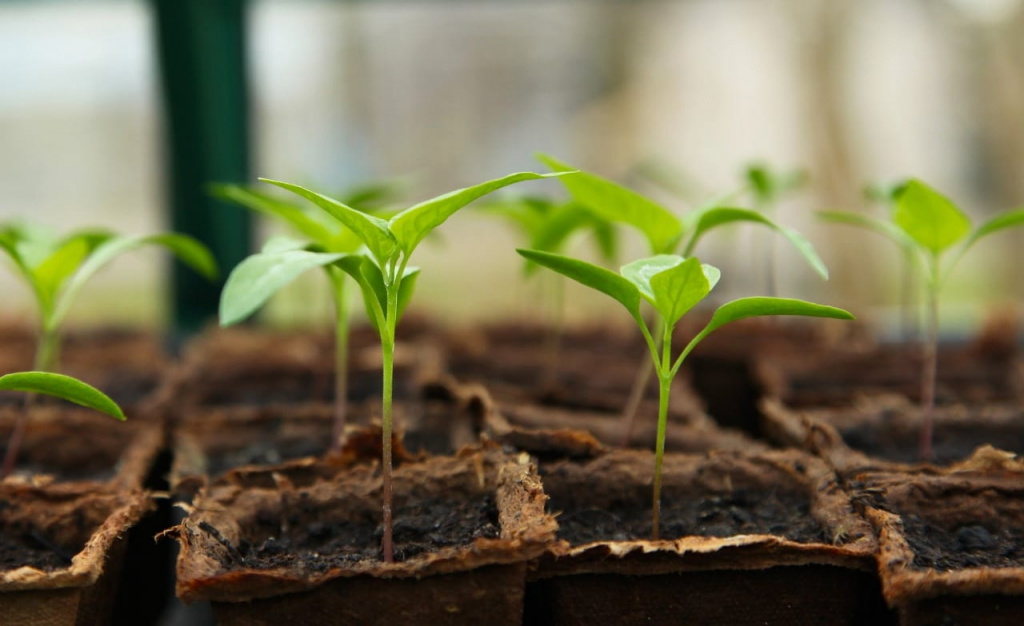
3. Provide proper nourishment– Apart from sunlight and water plants need nutrients like nitrogen, potassium and phorsphorus. You can get an artificial fertilizer like NPK powder and mix it water to dilute it and add it to your plants. You can use compost made at home from kitchen waste like fruits/veggies/eggshells or cow dung also. Avoid adding artificial fertilizer to small delicate plants and adjust the ratio of fertilizer for different plants according to their growth need. For the nourishment to reach the plants, keep breaking hardening of the soil. Use the nourishment once fortnight. Also vermicompost containing worm castings are used as organic fertilizer. The organic compost/fertilizer are more preferred choice than the artificial ones as they make nutrient availability easier, improves soil quality, increase water retention capacity etc. Wear gloves whenever adding fertilizers to plants.

4. Know your plant’s cycle– Every plant has their growth cycle, flowering period, fruit bearing period. Knowing and keeping a close watch to your plants help you provide adequate water, sunlight and nutrients according to it’s growth phase. Keep growing plants which require more sunlight in direct sun/white background. Blue light (in fluorescent setting) helps in vegetative/leaf growth and growth of seedlings. Flowering of the seasonal plant like poinsettia, chrysanthemum require less than 12hrs of day-length and grow in spring and fall. And summer flowering plants like zinnia, sunflower and veggies like radish, beet, potato requires more than 12hrs of day-length. We can make the plants flower after changing their day-length period in any season. Early spring is the right time to plant summer plants. Plants according to their life cycle are catagorized under perennials (survives more than 2 years), biennials (mostly survives for 2 years) and annuals (dies within a year). Take care of them as per their life cycle.

5. Take care of the decay/disease– Always trim the dying parts of your plants. If the soil is infested with insects/ants, throw the soil and replant using fresh soil. Remove the seeds of basil plant to keep it growing. If your plant is not watered properly, keep it in humid place. For overwatered plants, make proper drainage system. For any fungal/pest growth, throw away the infected part and use diluted soap water/boiled neem leaves water on the side surface of the leaves. Environmental stress and nutritional deficiencies makes plants susceptible to different kind of diseases. Always use scissors/pruners to pluck dead stems/leaves as too much of pulling can affect the healthy parts. Don’t use fertilizer untill the plants revive. Keep changing and ploughing your soil from time to time. Keep checking your plants for any sign of diseases like holes in leaves, discolored leaves, deformed growth. And most importantly keep the diseased plant separated from the healthy ones.
‘XOX’
-TriGr





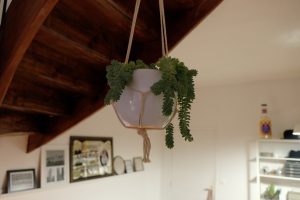
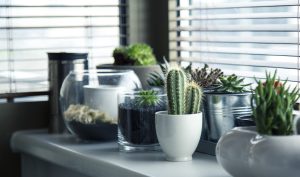
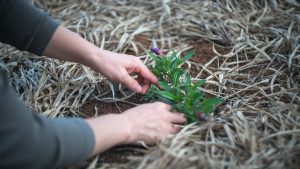
Thanks for sharing. I read many of your blog posts, cool, your blog is very good.